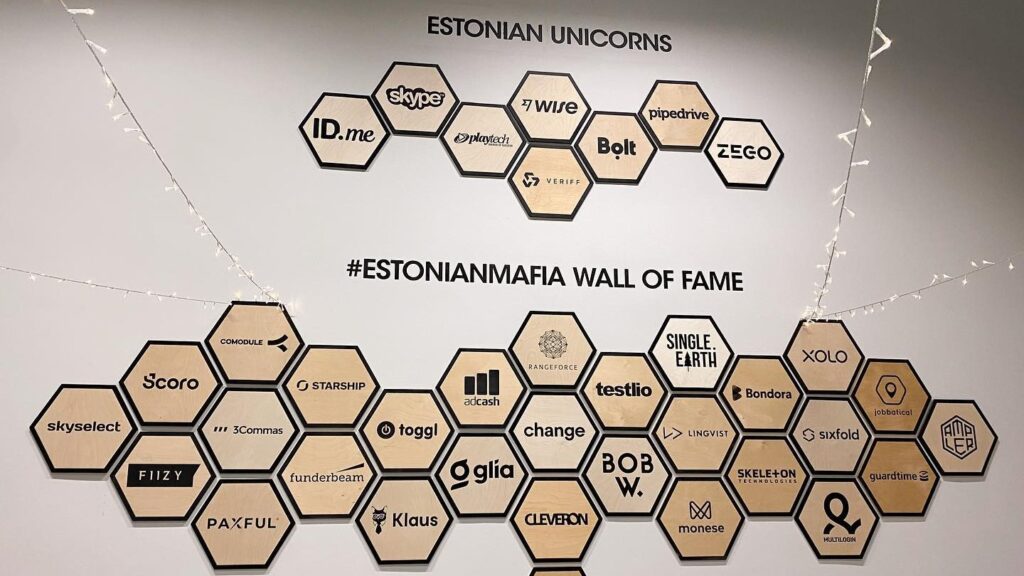According to Statistics Estonia and Startup Estonia, 17,403 people worked at least one day in Estonian startups in 2023, and their average gross salary was €4,253, more than double the Estonian average.
Employees aged 41-50 earn the highest average gross monthly salary in Estonian start-ups, with an average of €5,134 per month at the end of 2023. They are followed by top foreign professionals, who earn an average of €4,827 per month.
The manager of Startup Estonia, Eve Peeterson, said that, as in other sectors, the number of jobs in the startup sector has fallen slightly over the past year.
“Compared to the beginning of the year, the number of employees is down by about four per cent, which is to be expected given the current economic situation and the desire of entrepreneurs to maintain turnover and profitability. This makes good business sense, and in this respect the start-up sector is no different from the rest of the economy,” Peeterson said.

Of those employed in the Estonian start-up sector, almost 69 per cent or 11,926 people have Estonian citizenship and 29 per cent or 4,988 employees are foreigners, of whom 82 per cent came to Estonia from outside the European Union.
Immigration policy clipping the wings of the tech sector
Peeterson pointed out that the lack of talent in Estonia is still an acute problem, especially among top specialists with specific skills.
“From the increase in the average salary it can be concluded that employees with low qualifications are the first to be let go, but highly paid talents are kept and their salaries have probably also increased,” the head of Startup Estonia said.
According to her, recruiting foreign talent is often the only way for local startups and growth companies to develop and grow.
“At the same time, we have set a limit of 0.1 per cent of the Estonian population, or 1,303 people per year, which dates back to the 1990s, for the immigration of foreign workers, which clearly clips the wings of Estonia’s technology sector,” Peeterson said.

More men than women in the startup business
According to data from the Tax and Customs Board, Wise was the largest employer in the Estonian startup sector at the end of 2023 with 1,899 employees, while the company increased the number of employees by 114 during the year.
The second largest employer was Bolt with 1,278 employees. Also in the top five at the end of last year were Playtech with 644 employees, Pipedrive with 418 employees and Veriff with 259 employees.
The majority, 66 per cent, of those employed in the start-up sector have a tertiary education, either a bachelor’s, master’s or doctorate degree. Overall, 62 per cent of those employed in the start-up sector are men and 38 per cent are women. The average employee is also quite young – 45 per cent are aged 31-40 and three per cent are aged 21-30.

Top professionals make up the largest group of employees in the Estonian start-up sector, accounting for 49 per cent of all employees. Overall, 13 per cent of employees work in managerial positions, 70 per cent of managers are men and 30 per cent are women, and 23 per cent of managers are foreigners. Office workers and customer service representatives make up 21 per cent of the workforce, while 11 per cent worked as technicians and mid-level specialists in the start-up sector last year.

